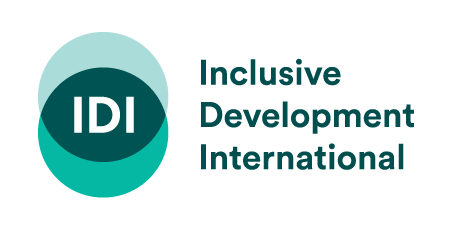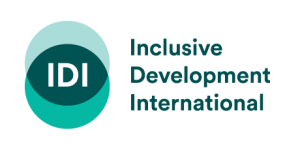Inclusive Development International is pleased to announce the publication of two new action resources for communities impacted by private sector investments.
The Community Guide to the International Finance Corporation is a resource for people affected by IFC-funded projects. The guide is designed to help communities understand their rights and entitlements vis-a-vis IFC projects and to decide whether they want to file a complaint with the IFC’s independent grievance mechanism, the Compliance Advisor Ombudsman (CAO), as a part of their advocacy strategy. The guide includes an introduction to the IFC and the way it supports the private sector, including through direct and indirect lending and equity investments. It explains the IFC Performance Standards, including who is responsible for implementing them and making sure they are respected on the ground. Two of the Performance Standards – covering Involuntary Resettlement and Indigenous Peoples – are described in more detail. Finally, the guide covers what affected communities can do when IFC-supported projects do not comply with the Performance Standards and cause or threaten to cause harm. It discusses various advocacy options, including the ins and outs of filing a complaint with the CAO and using its compliance or dispute resolution functions.
The Facilitators’ Manual contains activities and guided discussions on each topic to help communities use the information that they learn to develop an advocacy strategy to defend their rights. This can be used to facilitate a 1.5 – 2 day workshop. The guide is currently available in English, French and Vietnamese and will soon be available in Khmer and Burmese.
Avoiding Forced Displacement: A Community Guide to Negotiation and Advocacy is an innovative resource designed by Inclusive Development International in collaboration with Equitable Cambodia. This four-day training curriculum helps communities to think strategically about how to negotiate with private companies and government authorities seeking to take their land. The guide can also be used to help prepare communities for mediations regarding redress of displacement impacts already suffered, including through dispute resolution processes facilitated by international accountability mechanisms. The training aims to address the radical power imbalances in these processes by situating negotiation within a broader rights-based advocacy strategy.
Through case studies and interactive exercises, the resource guides facilitators through 12 lessons that teach the fundamental principles of interest-based negotiation and advocacy skills to strengthen the negotiation position and capability of communities facing displacement. This edition was developed for the Southeast Asian context and it is currently available in English and Khmer.
Both resources are available for download here.


